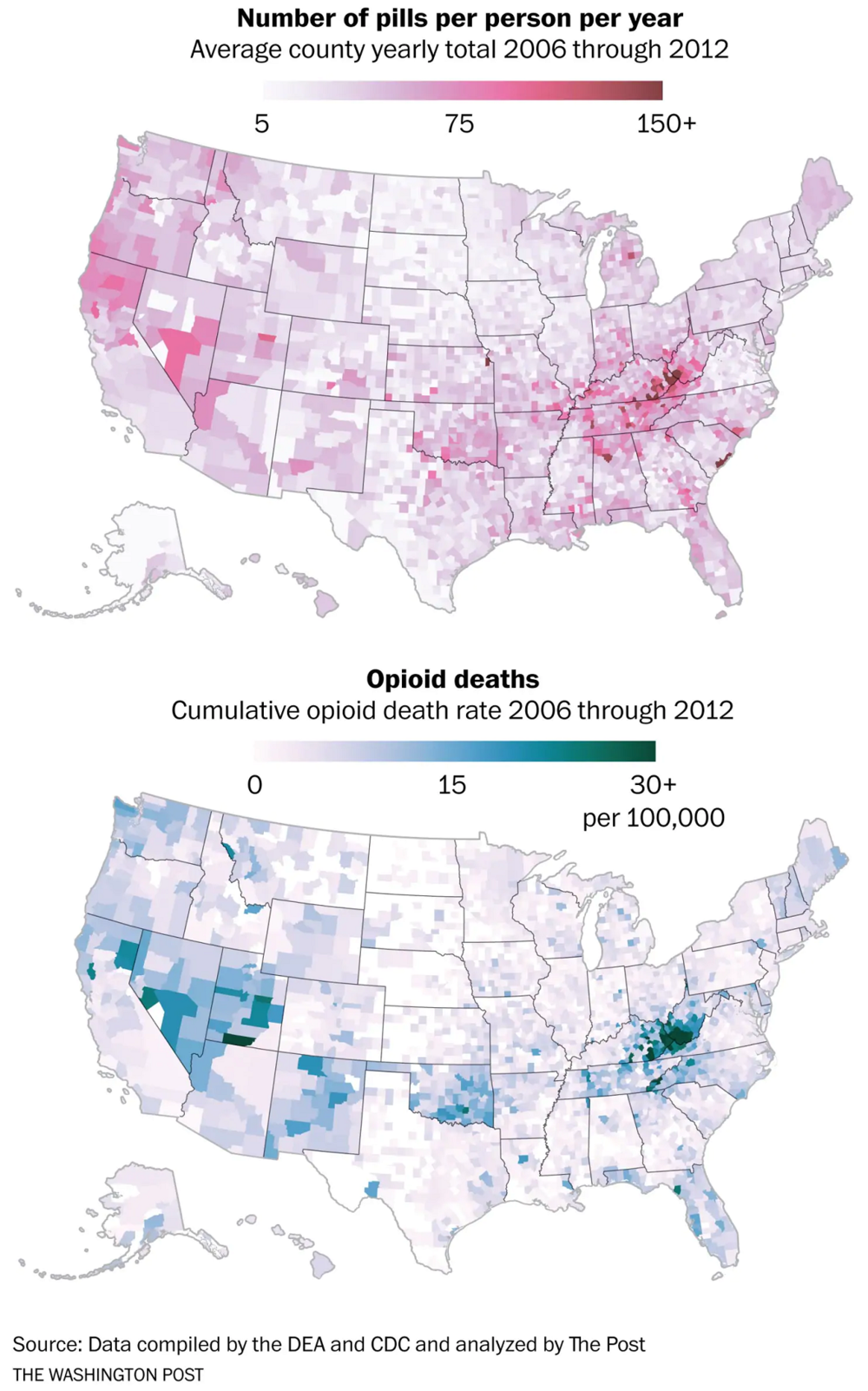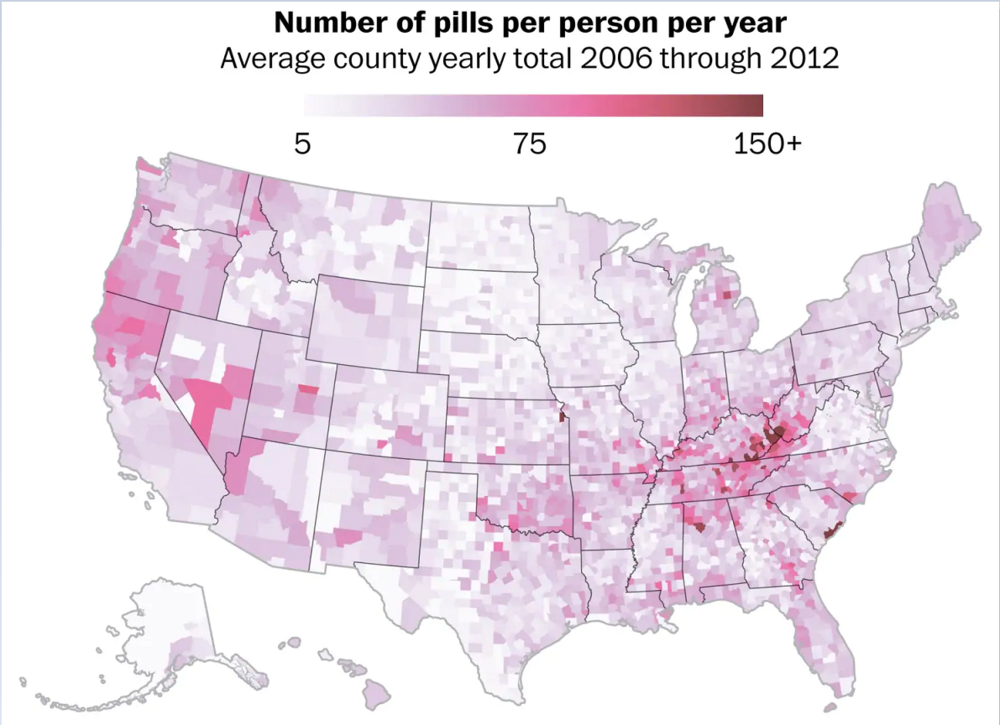
Section Branding
Header Content
Judge Considers Unprecedented 'Negotiation Class' For Opioid Suit Involving Georgia Communities
Primary Content
Several Georgia communities are involved in one of the largest civil trials in U.S. history. The consolidated case is unfolding in federal court in Cleveland, Ohio, with local governments as the plaintiffs and opioid manufacturers and distributors as defendants.
The case is so complicated a special master proposed grouping the participants into an unprecedented “negotiation class” to try to settle, and participants debated the idea at a hearing Tuesday. U.S. District Judge Dan Polster, who’s pushed for a settlement in general, showed interest in the novel idea.
Among those suing are at least 18 Georgia counties, five cities and two Georgia hospital authorities. They say they’ve had to shell out money to address the opioid epidemic in their communities. They accuse drug companies of knowingly sending more pills to their communities than could be used for legitimate medical purposes – thus fueling misuse of the medicine and addiction to it.
The drug companies say they just filled prescriptions and that doctors should be the ones accountable.

Meanwhile, dozens of states, including Georgia, are filing their own lawsuits in state court – following the pattern of tobacco lawsuits of the ‘90s.
To unravel the Cleveland opioid lawsuit, UGA law professor Elizabeth Burch stopped by On Second Thought. Two-time Pulitzer Prize-winning Washington Post reporter Steven Rich also came on the show.
The Post and Charleston Gazette-Mail sued to get access to court documents and data that showed drug companies knew they were sending an atypical number of pills to certain communities. The Post then cross-referenced that data with the number of prescription drug deaths in those areas to show communities that received an inordinate number of pills also saw an inordinate number of deaths. Some of those communities are in Georgia.
Get in touch with us.
Twitter: @OSTTalk
Facebook: OnSecondThought
Email: OnSecondThought@gpb.org
Phone: 404-500-9457



